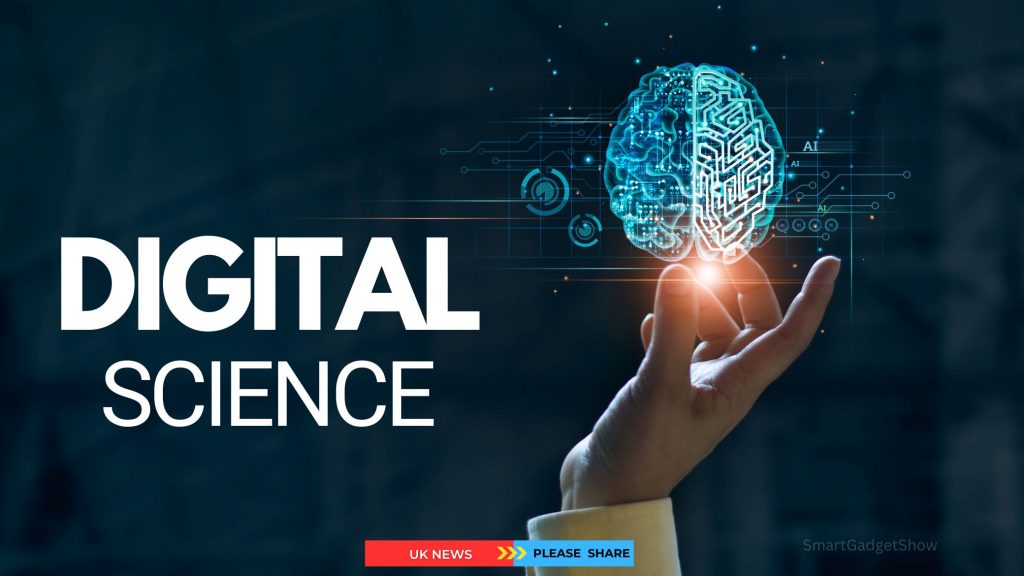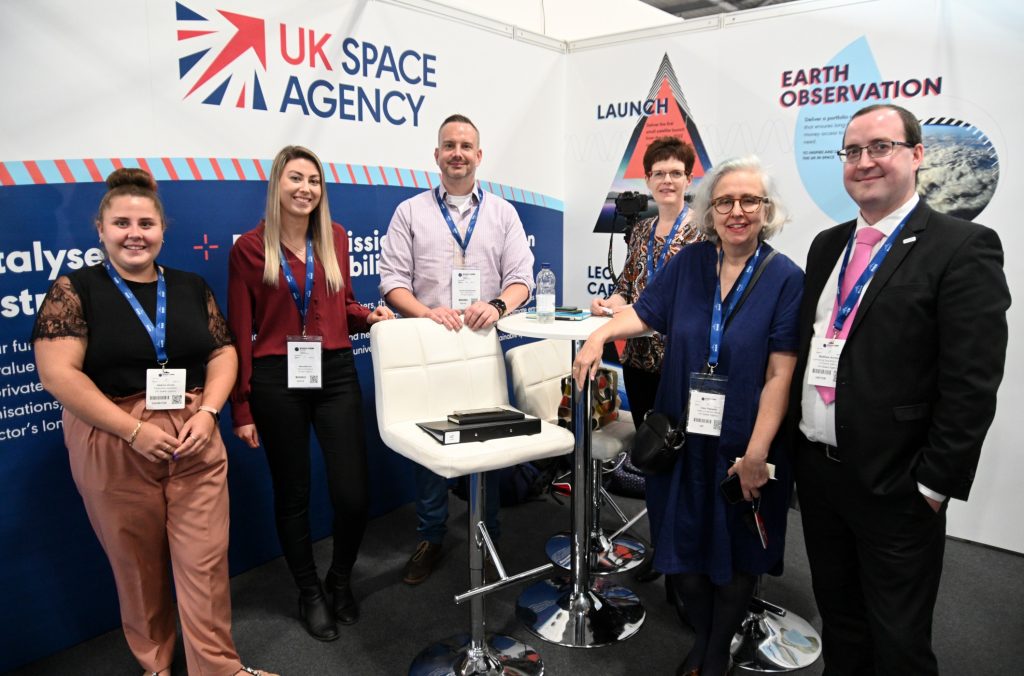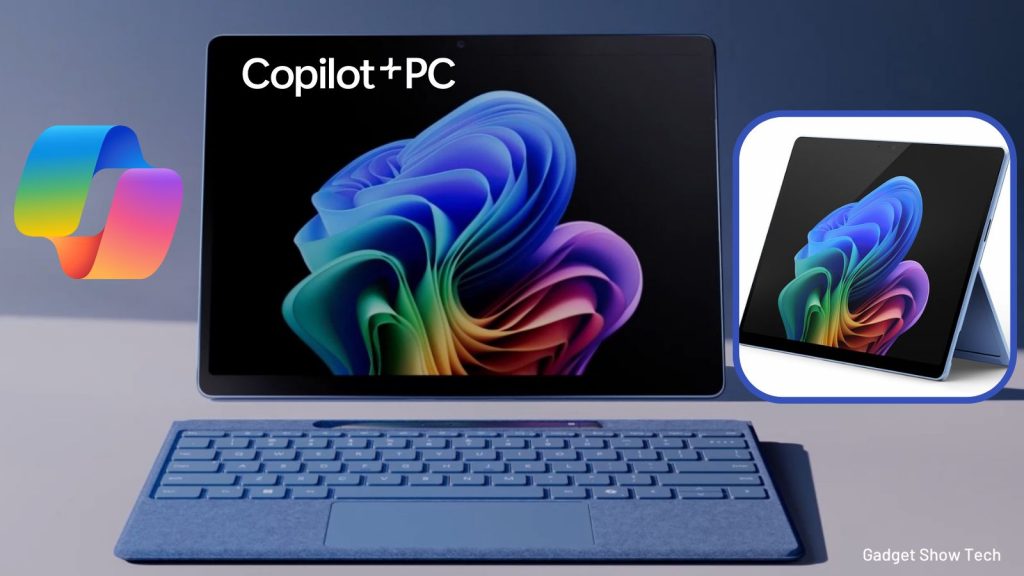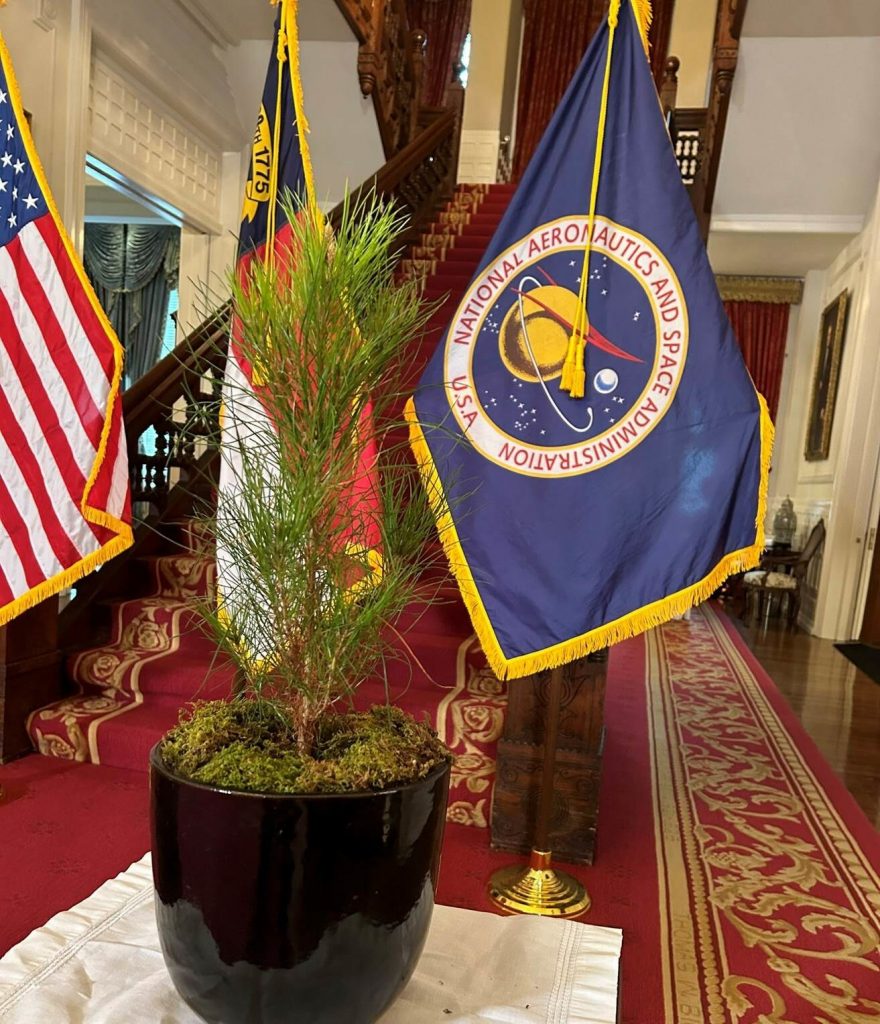LONDON, Feb. 29, 2024 (GLOBE NEWSWIRE) — Digital Science has awarded two new Catalyst Grants of £25,000 each to innovative AI-based technology ideas aimed at advancing global research.
The winners will use the funding to develop their ideas, which include using AI to alleviate the burden on researchers of applying for research funding, and to predict research impact.
The winning applications from Digital Science’s 2023 Catalyst Grant round announced today are:
- Atom – Tomer du Sautoy (co-founder and CEO) and Hamilton Evans (co-founder and CTO)
- Future Metric – Dr Amy Nelson (CEO) and Dr Mohamad Zeina (CTO)
Atom – US-based (South Pasadena, California)
Scientists Tomer du Sautoy and Hamilton Evans argue the current system of funding research is stifling scientific discovery, with the world’s leading researchers spending up to 50% of their time on grant applications instead of on science. They aim to build an “end-to-end system” using neural matching, Generative AI and automated workflows “to help researchers find, write and manage grants, reducing the time they spend on grant applications by up to 95%.”
Future Metric – UK-based (London)
Medical doctors Dr Amy Nelson and Dr Mohamad Zeina are senior research associates at UCL’s Queen Square Institute of Neurology. They seek to develop novel metrics of research impact, using predictive AI modelling to help better understand research impact ahead of time, so that researchers can adjust their work and improve their outcomes for society.
Digital Science CEO Dr Daniel Hook says: “I congratulate the newest winners of Digital Science’s Catalyst Grants. Each of the winners has demonstrated a novel and engaging approach to problems that have the potential to be addressed by AI. The responsible use of AI is critical in safeguarding research broadly and each of these projects will take care to act in the best interests of the research community. We will not only watch with keen interest but also actively help and support them to grow their ideas in the service of a healthy AI-enabled research ecosystem.”
Tomer du Sautoy says: “Winning the Catalyst Grant means a great deal to us, mostly as an opportunity to join the Digital Science ecosystem. Digital Science is a powerhouse when it comes to research software and there’s great synergy between what we’re building and the rest of the Digital Science community.
“The funds will enable us to expand our AI capabilities over the coming months – we’ve got a huge list of features to be released. Ultimately, our goal is to boost the scientific economy, with Atom becoming the underlying infrastructure to support the distribution of research funding.”
Dr Amy Nelson says: “Just as we’re keen to use AI to solve complex medical problems, we also believe it has a role to play in helping to better understand the impact of research and how to make the most of research’s potential – such as, which research papers are more likely to lead to new policy, or a new drug.
“We’re excited to be awarded the Digital Science Catalyst Grant, as it means we can take our research project and convert it into a real tool or application that can be used by researchers and their institutions, helping to improve the impact of their research and creating benefits for society.”
Steve Scott, Director of Portfolio Development at Digital Science, says: “With our 2023 Catalyst Grant round, we set out to find the most innovative uses of generative AI to support research – and we received the largest number of submissions in the history of Catalyst Grant. It gives us great pleasure to choose two outstanding ideas from among the research community, and to invest back into that community.”








